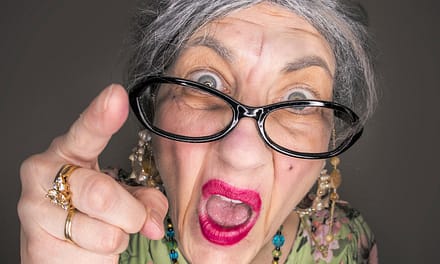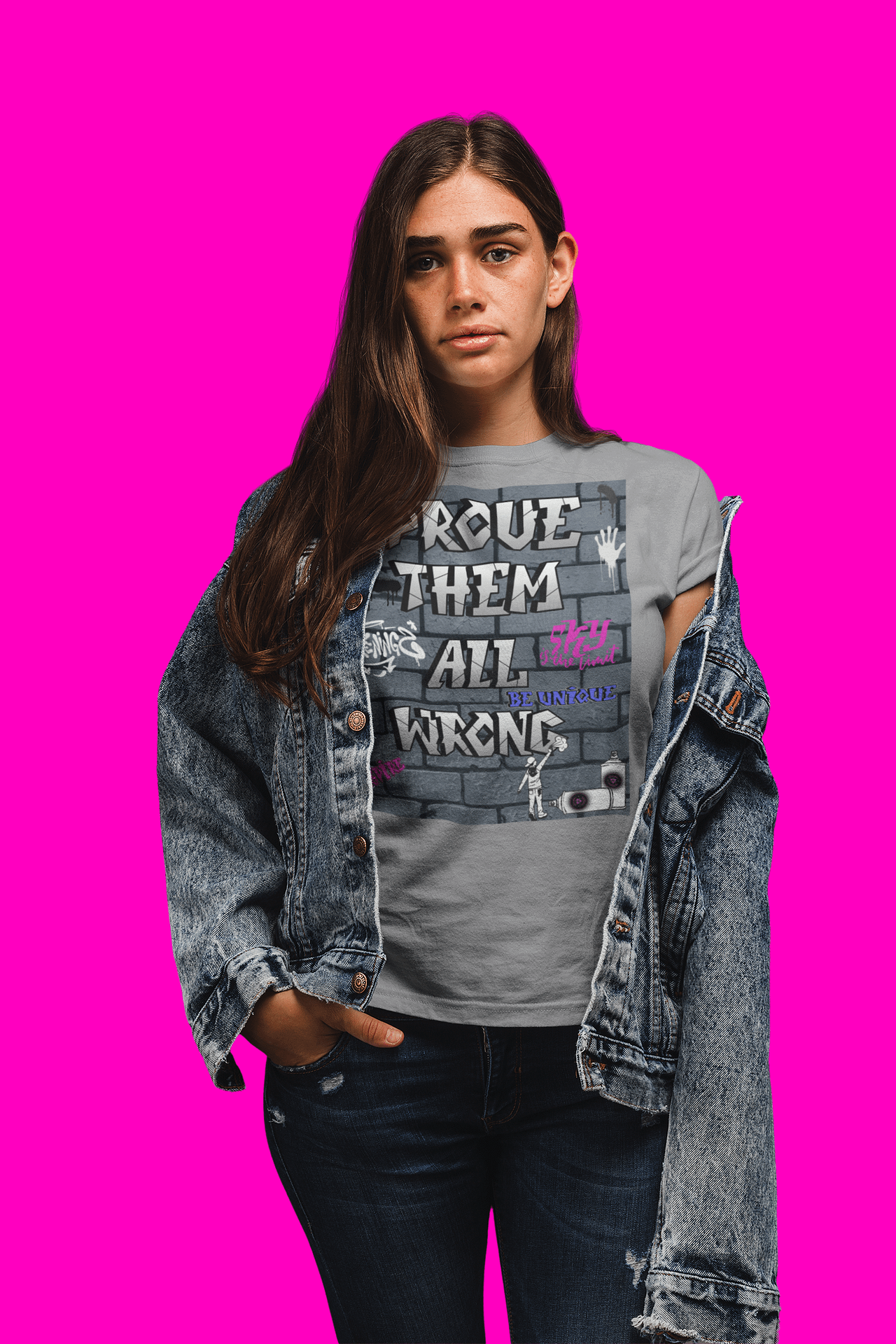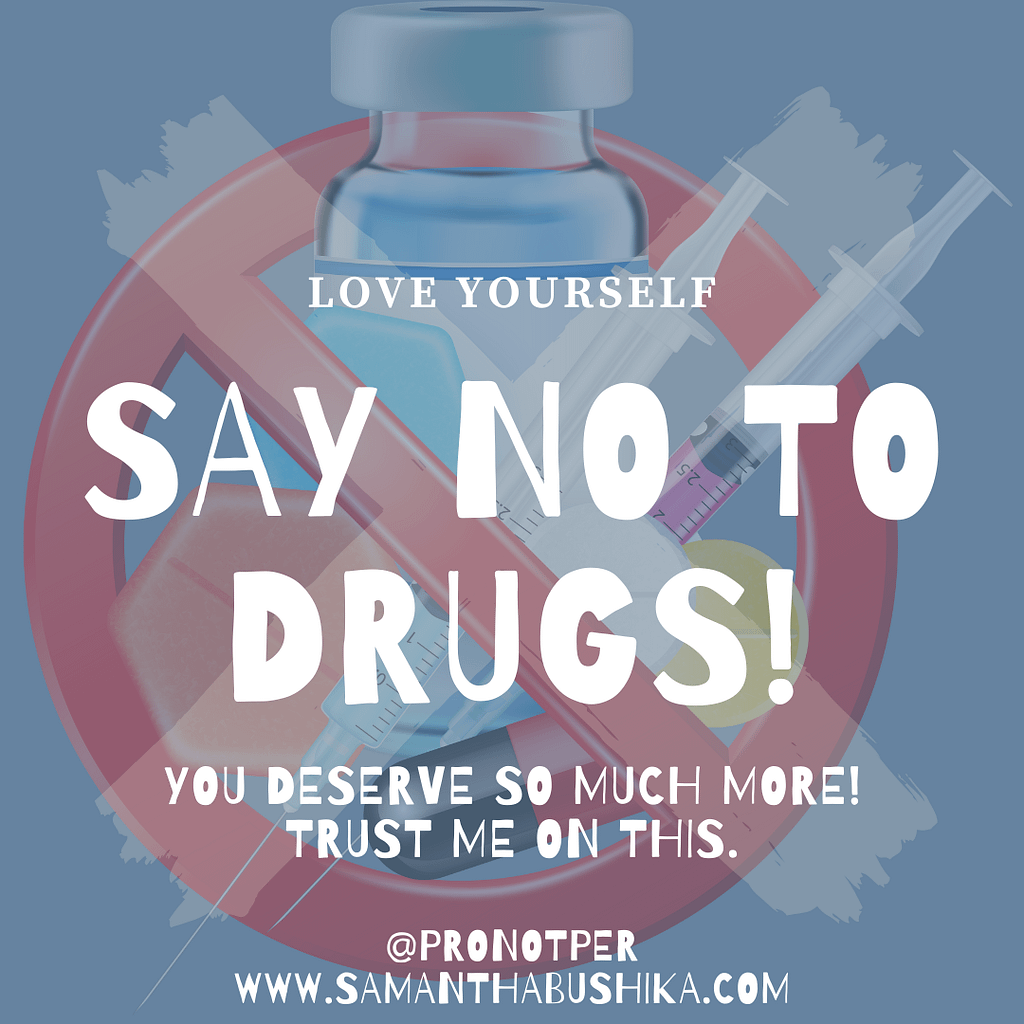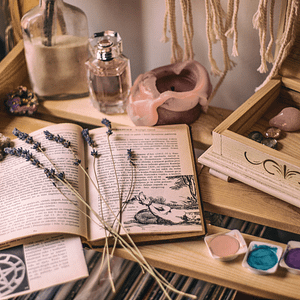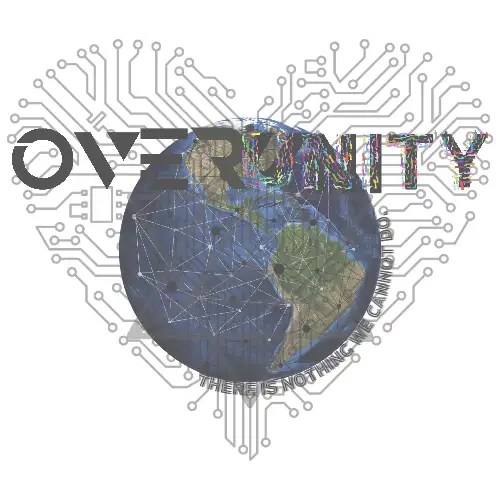
Finding Strength in the Wake of Loss
Navigating Life After Losing a Loved One to Overdose
Discover ways to heal and move forward while honoring the memory of those we’ve lost to addiction.
Understanding Grief
Explore the stages of grief and how they uniquely affect those left behind.
Finding Support
Learn about resources and communities that can provide comfort and guidance.
Losing someone to overdose that you love in the drug overdose crisis rips a hole in your heart that never really goes away. There are so many types of loss and such a wide range of emotions, and in my opinion, there couldn’t be a more tragic and senseless cause of death than fatal drug overdoses. The experience of overdose loss evokes a strange, heavy emptiness that follows you around—a reminder of all the “what ifs” and the life they should still be living.
When you get that call, and suddenly a family member, a close friend, a son’s death, or someone you thought would always be there… isn’t, it changes you, and you know that not even professional help can aid in the healing process. No grief counseling could heal this hurt. For anyone who’s lived through this nightmare and endured the grieving process, you know that overdose ↗️↗️↗️↗️↗️↗️
doesn’t just break your heart; it upends your whole world. Just because it has become a relatively common experience doesn’t mean it gets easier because I am here to tell you it does not, but with support in the most meaningful way, we can begin our healing journey.
In recent years, the opioid overdose crisis has hit the United States like a tidal wave, sweeping away tens of thousands of lives every year. I’ve seen it firsthand—far too many times—and with each life lost, it feels like our communities are splintering. Yet, overdose deaths and substance use disorder cross all the lines: income, political party, age, and background. The person you lose could be a son, daughter, or high school friend. It’s a tragedy that doesn’t discriminate, leaving each of us to find our way through the pain, each in our own way.
The Unique Kind of Grief Overdose Leaves Behind
Grieving someone lost to overdose is a heavy, complicated process. There’s no right or wrong way to feel; it’s a mix of sorrow, guilt, sometimes anger, and so many questions. Was there something I missed? Could I have done more? Was there another way? This kind of grief can be isolating because, let’s be honest, society often struggles to understand addiction. Substance abuse is still so misunderstood that people on the outside might judge, making the pain of overdose loss even harder to bear.
There’s this unique ache that comes with losing someone to overdose. Unlike losing someone to old age or even a car accident, this feels loaded with layers of hurt and stigma. We question ourselves more and wrestle with the feeling that maybe there was something we could’ve done. But the truth is, addiction is powerful—a disease that redefines a person’s life and often rewrites our memories of them. Addiction can hold onto someone so tightly that even those who love them most can’t break its grip.
Please put this number in your phone in case you come accross someone who needs it. It can’t hurt.
Like I always say it’s better safe than sorry.
Lets prevent others from going through the pain and loss that we have been through, and be sure to check out my post where you can learn more.

Finding a Safe Space in Community and Support
It wasn’t until I connected with others who had lost someone to an overdose that I felt truly understood. Being able to talk about the details—the phone call, the questions, the shock—with people who “got it” lifted a huge weight. Overdose-specific grief support groups are becoming more common, both online and in local communities. These groups offer a safe space to share memories, vent, and sit in silence if that’s what you need. Talking to others in the same boat helps us realize we’re not alone.
Grief counselors, too, can be a lifeline. Finding a counselor who understands overdose bereavement can give you tools to cope with the tidal wave of emotions that come in the aftermath. And honestly, just knowing someone is there to listen without judgment can be healing in itself.
Turning Grief into Purpose
For many of us, finding a way to honor our loved ones brings a sliver of peace. Each year, on International Overdose Awareness Day, August 31st, families and friends gather to remember those we’ve lost. It’s a day to raise awareness, light a candle, and say their names out loud. Sharing their story can bring strange comfort, a reminder that they mattered and their struggle wasn’t in vain.
Turning grief into action, too, can be a way to keep their spirit alive. Some of us dive into advocacy work, pushing for better policies, supporting addiction treatment centers, or raising awareness about the ripple effects of drug overdose deaths. Each small action—whether it’s lighting a candle, wearing a memorial bracelet, or speaking out about the addiction crisis—adds a little more meaning to their memory.
Addiction Isn't a Choice; It's a Disease
Understanding addiction as a disease has been one of the most significant shifts in my own healing. Substance use disorder rewires the brain, creating dependency in ways that go far beyond a person’s willpower. It’s a chronic disease, one that reshapes lives and leaves families devastated. Recognizing addiction as a medical condition, not a character flaw, has helped me come to terms with my own feelings of guilt. Addiction is relentless, and it’s no one’s fault that we couldn’t pull them back from its grip.
Caring for Yourself While You Heal
After a loss, it’s easy to forget about our well-being. Grief can take a serious toll on physical health; we stop eating, sleeping, or finding time for anything that once brought comfort. It sounds simple, but getting enough sleep and drinking enough water can help stabilize you during the toughest days. Taking care of these basics doesn’t mean you’re moving on or forgetting your loved one. It means you’re staying strong enough to carry their memory with you. They wouldn’t want you to waste away under the weight of your grief.
Some Help for Healing I've Compiled
A Call for Policy Change: Advocacy for a Better Future
The overdose crisis we’re facing today is a huge public health issue, yet real change feels so slow. When fatal drug overdoses barely make the paper regarding the cause of death, and it doesn’t take long to see the ripple effects of overdose deaths when scary substances creep into our communities.
In the United States, drug-related deaths now outpace other causes of death, like car accidents, and still, the resources for treatment and prevention fall short. I feel that we need more education on addiction, a much bigger focus on prevention, more substance use disorder resources, and access to affordable treatment, yet here we are having the same ole conversations about fatal opioid overdoses.
Advocacy groups, from community organizations to larger bodies like the Boston University School of Public Health, are pushing for these changes. Being part of this movement, even in a small way, can feel like a step toward ensuring no one else has to go through what we have.
Moving Forward Together
If you’ve lost someone to an overdose, you’re part of a group none of us wanted to join. But being here means you’re not alone. Each person who’s walked this road knows the heavy, aching silence that follows an overdose death. But together, sharing our stories, remembering those we’ve lost, and working to help others see addiction for what it is—a disease—we can keep their memories alive. Every conversation, every step toward policy change, and every effort to show empathy and understanding adds a little more light to their memory.
In the words of grief support communities around the world, “The ones we lose never truly leave us. They live on in our stories, our actions, and our love.” Also, “the good die young” often comes to mind for me. I am here for you. I know exactly how you feel and you NEED support. Please feel free to message me or hit me up in the comments. If there is anyway I am able to help I will. Nobody should have to go through this alone. Trust me I know… On repeat- I know.
We carry them with us, and in honoring them, we find a bit of healing for ourselves. Together, we can keep their spirits alive and remind others that while this journey is filled with pain, it’s also one we never have to walk alone.
If This Post...
If this post resonated with you or you have something you would like to add or share, please do so in the comments below. You know I love to hear from you. You could also support my work by liking, sharing, commenting, subscribing, following, and registering to join our free-of-charge, supportive, all-inclusive, judgment-free, meet-you-where-your-at online community where teachers learn, and learners teach all while working together to #provethemallwrong and #showthemwhatwecando.
In our support forums, you can give support or receive support all on the same day. This community is for all of us who are more progressors, less perfectors. Addiction is not a prerequisite. All are welcome. This is a new, growing community, so please have patience, and if there are any issues, please contact me at support@samanthabushika.com
Post Off Quote

“What is there to do when people die, people so dear and rare, but bring them back by remembering.”
-May Sarton
Post Off Affirmation

I let go of my sorrow, but hold onto my love for my loved one. I accept what I cannot change and find the courage to change the things I can.
The Impact of Drug Overdose on Families
Most of the populations lives have been in some way touched by addiction, either their own or a loved one.
Over 96,700 Lives Lost Annually
of Individuals Aged 12 or older Had Both an Alcohol Use Disorder and a Drug Use Disorder in 2022. (SAMHSA)
Rising Rates in Young Adults
of People with SUD Received Treatment.
of Individuals Aged 12 or Older Received Any Substance Use Treatment in the Past Year in 2022. (SAMSHA)
The Emotional Journey of Grief
Grieving the loss of a loved one to drug overdose is a complex emotional journey. It often begins with shock and denial, progresses through anger and bargaining, and eventually leads to acceptance and hope. Understanding these stages can help individuals navigate their feelings and find a path to healing. Visual aids and diagrams can provide clarity and support during this difficult time.
Drug Overdose Trends Over the Years
Year
2022
2023
2024
Overdose Cases
110K+
104K+
100K+ This Far
Mortality Rate (%)
21.7
22.5
25.4
Recovery Initiatives
Community Outreach Programs
Increased Access to Naloxone
Expanded Treatment Facilities
"Grief is not a sign of weakness, nor a lack of faith. It is the price of love."

Dr. Sarah Thompson
Grief Counselor and Author
Voices of Healing
“After losing my brother, I felt lost. But through support groups and therapy, I found a path to healing and now help others do the same.”

Emily Johnson
Grief Support Advocate
“The journey through grief was tough, but embracing spirituality and community support helped me find peace and purpose again.”
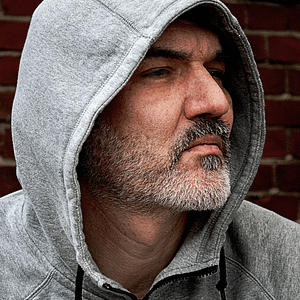
Michael Lee
Community Volunteer
Join the Conversation
We understand the pain of losing a loved one to addiction. Your story can inspire and support others on their journey. Share your experiences by clicking below to submit your story for our new Unheard Voices page to help build a community of hope and healing.










